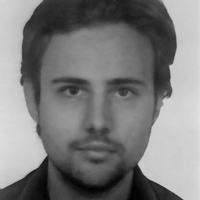This book explores the nature and importance of sound in virtual reality (VR). Approaching the subject from a holistic perspective, the book delivers an emergent framework of VR sound. This framework brings together numerous elements that... more
This book explores the nature and importance of sound in virtual reality (VR). Approaching the subject from a holistic perspective, the book delivers an emergent framework of VR sound. This framework brings together numerous elements that collectively determine the nature of sound in VR; from various aspects of VR technology, to the physiological and psychological complexities of the user, to the wider technological, historical and sociocultural issues.
Garner asks, amongst other things: what is the meaning of sound? How have fictional visions of VR shaped our expectations for present technology? How can VR sound hope to evoke the desired responses for such an infinitely heterogeneous user base? This book if for those with an interest in sound and VR, who wish to learn more about the great complexities of the subject and discover the contemporary issues from which future VR will surely advance.
Garner asks, amongst other things: what is the meaning of sound? How have fictional visions of VR shaped our expectations for present technology? How can VR sound hope to evoke the desired responses for such an infinitely heterogeneous user base? This book if for those with an interest in sound and VR, who wish to learn more about the great complexities of the subject and discover the contemporary issues from which future VR will surely advance.
